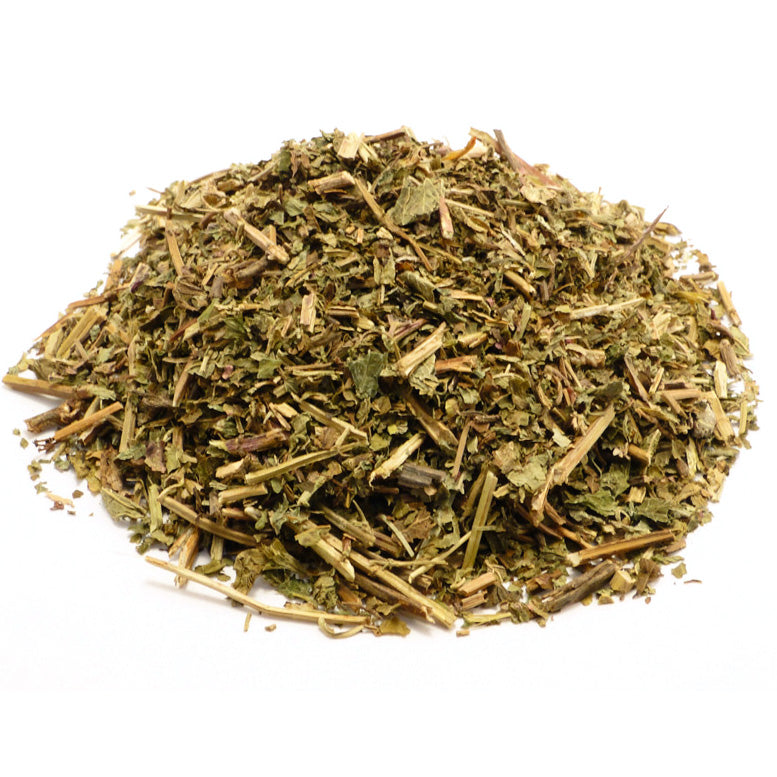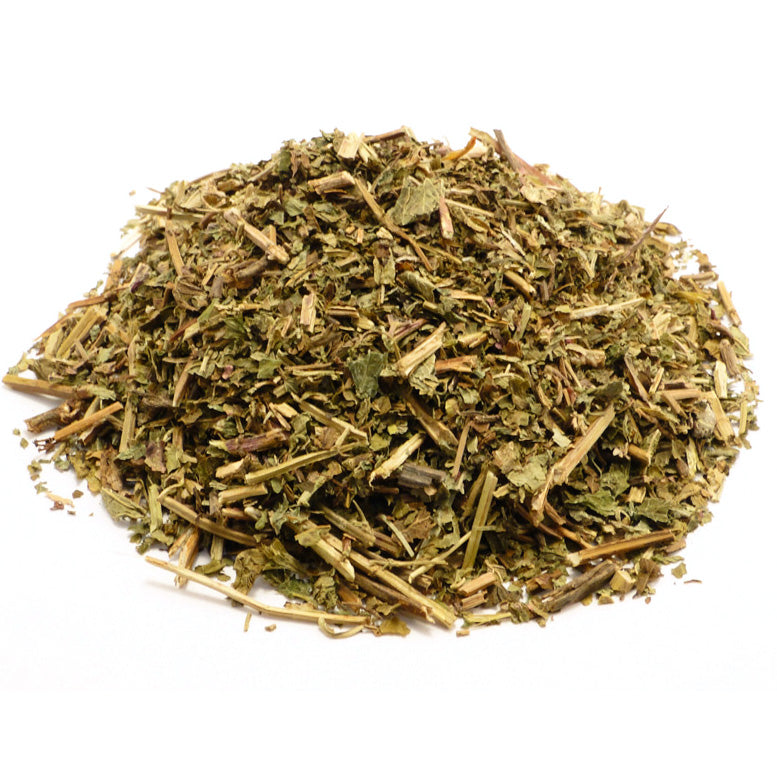Lemon Balm
Lemon Balm
Couldn't load pickup availability
Discovering Lemon Balm: Benefits, Uses, and Care
Introduction
Lemon balm (Melissa officinalis) is a perennial herb belonging to the mint family. Renowned for its fresh, citrusy scent and flavor, lemon balm has been used for centuries in traditional medicine and culinary applications. This versatile herb is not only delightful but also offers a range of health benefits. In this post, we’ll explore the characteristics, uses, benefits, and care of lemon balm.
Characteristics of Lemon Balm
Lemon balm features bright green, serrated leaves that emit a refreshing lemon fragrance when crushed. The plant can grow up to 2 feet tall and produces small, white or pale yellow flowers in summer, attracting pollinators like bees. Lemon balm thrives in well-drained soil and prefers full sun to partial shade, making it a popular choice for home gardens.
Culinary Uses
-
Flavoring Agent: Lemon balm’s bright, citrusy flavor makes it a wonderful addition to a variety of dishes. It can be used in salads, marinades, sauces, and dressings to add a refreshing twist.
-
Herbal Teas: One of the most popular uses of lemon balm is in herbal teas. Simply steep fresh or dried leaves in hot water for a calming and aromatic beverage that can be enjoyed hot or iced.
-
Desserts and Beverages: Lemon balm can enhance desserts like fruit salads, sorbets, and custards. It also works well in cocktails and lemonade, adding a unique flavor profile.
Medicinal Benefits
Lemon balm has a long history of use in herbal medicine, and modern research supports many of its health benefits:
-
Calming Effects: Lemon balm is well-known for its mild sedative properties. It can help reduce anxiety, promote relaxation, and improve sleep quality. It’s often used in herbal teas for stress relief. Some have found benefits in reducing hyper activity disorders in children.
-
Digestive Health: This herb can alleviate symptoms of indigestion and bloating. Lemon balm may help soothe the gastrointestinal tract and enhance digestion.
-
Antimicrobial Properties: Lemon balm exhibits antimicrobial effects against certain bacteria and viruses, making it beneficial for supporting overall immune health.
-
Cognitive Support: Some studies suggest that lemon balm may enhance cognitive function, improve mood, and reduce the symptoms of cognitive decline.
Care and Cultivation
Lemon balm is relatively easy to grow and care for:
- Planting: Lemon balm can be grown from seeds, cuttings, or transplants. Choose a sunny location with well-drained soil.
- Watering: Keep the soil consistently moist but not waterlogged. Water regularly, especially during dry spells.
- Harvesting: Regularly trim the leaves to encourage bushier growth. You can harvest lemon balm throughout the growing season; simply snip off the leaves as needed.
Safety Considerations
Lemon balm is generally safe for most people, but here are a few things to keep in mind:
- Allergic Reactions: Some individuals may experience allergic reactions. If you have allergies to other mint family plants, proceed with caution.
- Pregnancy and Nursing: Pregnant or nursing women should consult a healthcare provider before using lemon balm in medicinal amounts.
- Drug Interactions: Lemon balm may interact with certain medications, particularly those affecting the central nervous system. Consult a healthcare provider if you have concerns.
Conclusion
Lemon balm is a delightful and versatile herb that offers numerous culinary and medicinal benefits. Whether you’re sipping a soothing tea, incorporating it into your favorite dishes, or using it in aromatherapy, lemon balm is a wonderful addition to your wellness routine. By understanding its uses and care requirements, you can enjoy the many advantages of this refreshing herb in your daily life. Explore the world of lemon balm and experience its calming and uplifting properties today!
Antispasmodic, calmative, carminative, diaphoretic, anti-viral
*These statements have not been evaluated by the Food and Drug Administration. These products are not intended to diagnose, treat, cure, or prevent any disease.
Share

